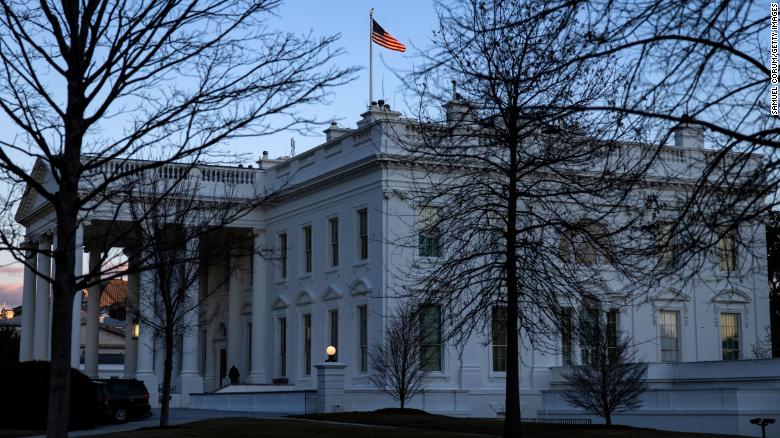The message to White House senior staff as President Joe Biden’s cornerstone legislative proposal nears completion is simple, if blunt: there is “absolutely no room for complacency.”
A two-page memo, drafted by White House senior adviser Anita Dunn and National Economic Council Director Brian Deese and obtained by CNN, hails the work that has been done to put the $ 1.9 trillion Covid relief package on the verge of becoming law after the Senate passed the measure Saturday.
But it also makes clear that between the implementation of its sweeping provisions and Biden’s ambitious agenda ahead, Biden has no plans of resting on any laurels.
“There’s still much more to be done, and absolutely no room for complacency,” the officials wrote in the memo. “We’re racing to finalize passage of this bill, and the President looks forward to signing this into law. And then the real work will begin.”
The House is expected vote on, and pass, the bill on Tuesday, clearing it for Biden’s signature after a marathon process in the Senate. It represents a significant victory for a White House still in its opening weeks — a far-ranging proposal designed to address the dual economic and public health crises Biden faced from his fist moments in the Oval Office.
For Biden, the stakes couldn’t have been higher. He staked not only his first 100 days, but perhaps the opening year of his presidency on securing a legislative victory that advisers believe is crucial to not only combating the pandemic that has ravaged the country for more than a year, but also lay the groundwork for future agenda items.
“The President laid out his vision for how we can address the twin crises we are facing in a speech before he even took office,” Deese and Dunn write. “He has made getting this package passed the top priority of the beginning of his presidency.”
From stimulus checks and an unprecedented expansion of the child and earned income tax credits, to crucial extensions of emergency unemployment programs and hundreds of billions for schools, vaccine distribution, rental and housing assistance and child care, the proposal largely mirrors what Biden first proposed six days before he took office.
“In total, the Rescue Plan represents a historic response to the moment of crisis we face, and will make a real difference in the lives of regular Americans by creating jobs, providing economic relief, and defeating this virus,” Dunn and Deese write.
But the legislative process, with a slim majority in the House and no margin for error in the Senate, provided a first glimpse at the delicate balancing act Biden will face in the month ahead as the administration moves onto its other agenda items.
Progressives have pushed relentlessly for the administration to go even bigger. Moderates have negotiated to pare back the scale of the proposals and urged Biden to work with Republicans — an effort that never fully got off the ground with the relief bill.
And for a proposal that, according to polling, has stayed remarkably popular throughout Congressional consideration, there is a recognition that its implementation will be crucial to maintaining that position.
In the memo, Dunn and Deese list “getting $ 1,400 checks out to 85% of households, redoubling our efforts to get vaccines into the arms of the American people and our kids back in schools safely,” as central components of making the law a success.
They also nod to what Biden has stated is likely coming next — a second significant package the White House has termed the “recovery” legislation designed to follow its initial, if massive, relief bill.
“As we stem these dual crises, wasting no time in building back better than before,” the officials write. “Because of the Rescue Plan, we will be able to get it done.”
>>>>



